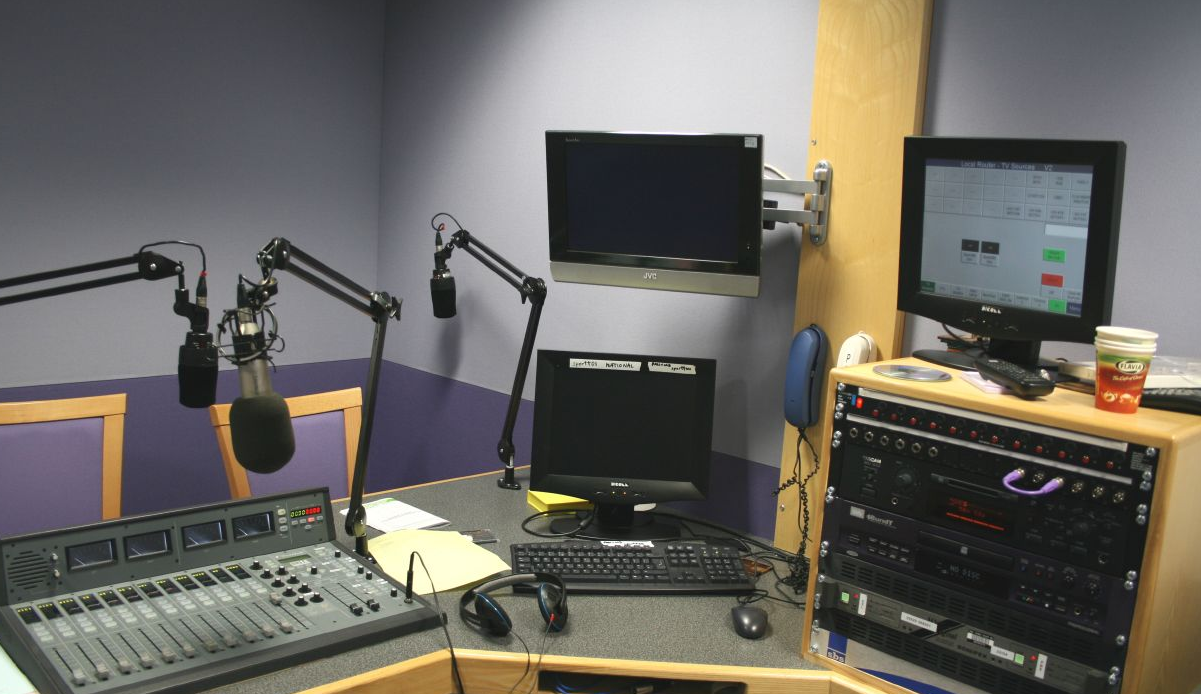By Rick Manning
Every politician knows the value of earned media versus paid media. Taxpayers pay for each member of Congress to have at least one if not multiple staff members whose job is to get their boss placement on radio, television news and even music and entertainment oriented broadcast stations.
Rallies are staged, speeches written, releases sent, political consulting firms hired all to get a politician free access to over the air media in order to connect with their consumers (voters) in an authentic way as opposed to the standard canned paid for by commercials.
One industry doesn’t have to worry about earned media overall, instead they compete over how that media is divided up with an average of twelve parts available per hour. What industry gets the benefit of billions of dollars of free airtime? Why the music industry of course.
Music artists get their products played for free to their potential customers over the radio airwaves, in fact, it is illegal for broadcasters to charge artists a fee for the use of their airtime as Congress outlawed this practice in the wake of the “pay for play” scandal of the 1950s.
But this doesn’t mean that money isn’t spent to promote the artists latest creations. Record labels have armies of people with various promotions constantly pitching the latest sound from both known and unknown artists, each trying to convince radio programmers that their client will bring or keep listeners ears glued to the station and in the process hear the :60 second ad for the local car dealer.
The studio gets paid and the song writer gets paid for each airplay of a particular song, but the artist gets the biggest payday of all – they sell copies of their song/album, get downloads and sell tickets to their concerts, all of which increase their brand and fatten their wallets.
Local station deejays pump up records and artists they like, conduct live interviews when artists come to town to perform and provide the interesting banter that keeps ears on the station through the local septic company ad that pays everyone.
Some people, largely backed by the three major record labels that own more than 90 percent of the music, have been clamoring for a change in the payday breakdown under the guise of allowing the free market to handle it. Here is what they are missing.
A truly free market would allow radio stations to sell their twelve slots an hour for music to the highest bidder, and might even allow for the elimination of ads altogether if the payoffs for playing favored music were large enough.
Of course, the incentive for radio stations and broadcast companies to promote new artists would be severely altered from a talent and music quality decision to one based upon the financial backing available for inserting songs onto the playlist.
For all the problems and challenges with the current system for making the music play, ultimately it is based almost entirely on the only market that matters – the consumer market. Today, radio consumers vote with their ears on which stations to listen to. The decision is based upon likeability of deejays and the playlists that come through their speakers. Artist, songwriters and the record labels all provide music alternatives for local radio stations to choose between, and the winners get the earned media of free airplay that every politician and every other industry yearns to receive.
It is this competition for ears that ultimately decides the success or failure of everyone involved from the station to the artist, record company and song writer. It is a competitive interdependency that rewards those who produce music that the public wants to hear, based upon the willingness of advertisers to pay to reach those who tune in to listen to it.
Every politician knows that earned media is valuable, and in the current system, music artists, song writers and record labels all benefit from the free airplay provided to them. The only question is why would anyone want to upset this balanced applecart?
Rick Manning is the President of Americans of Limited Government.







